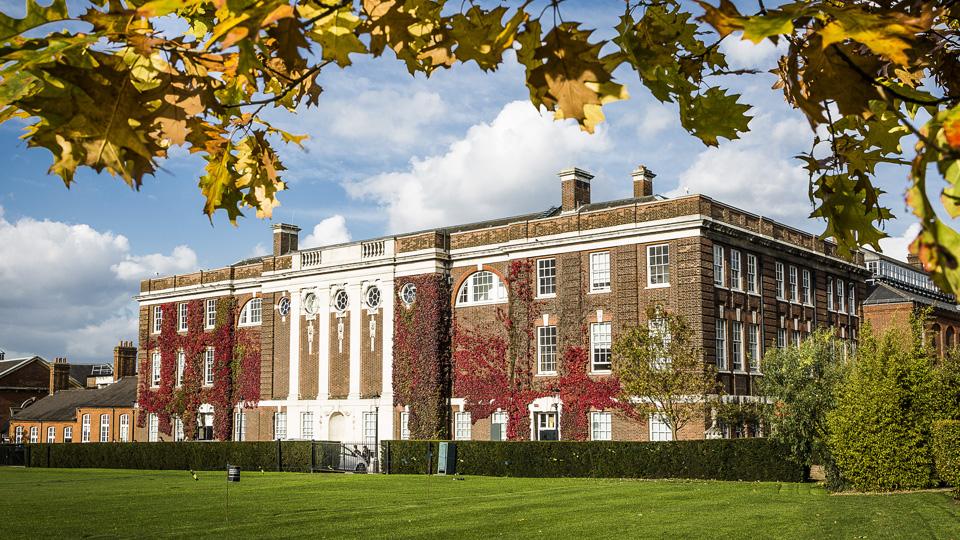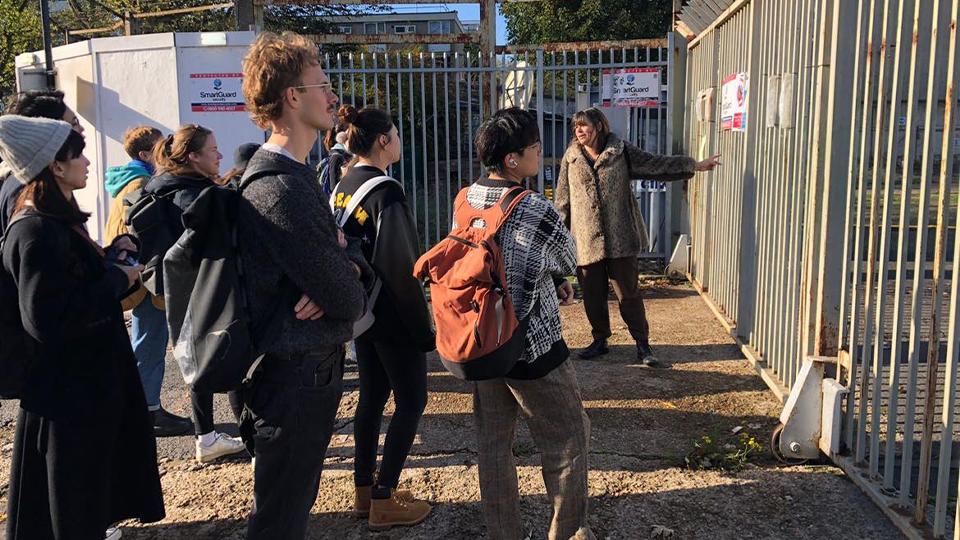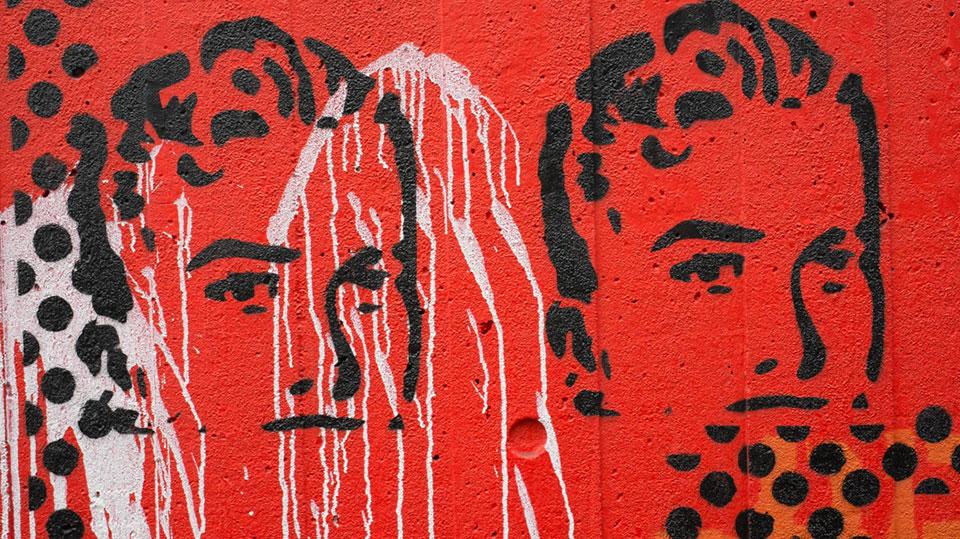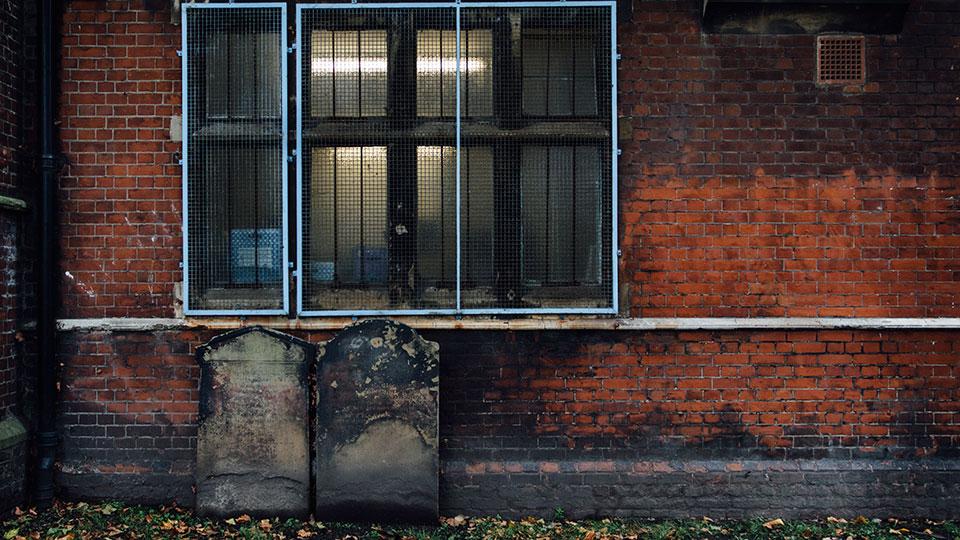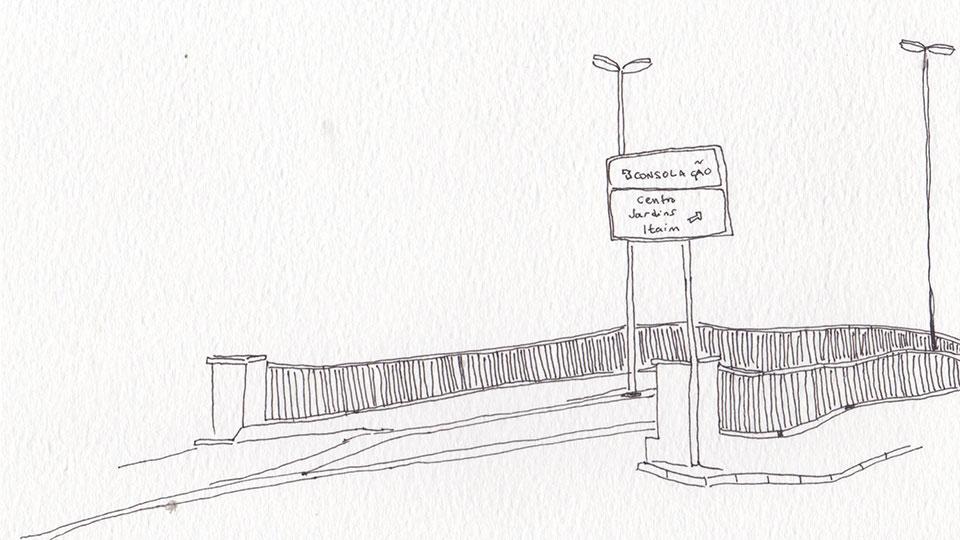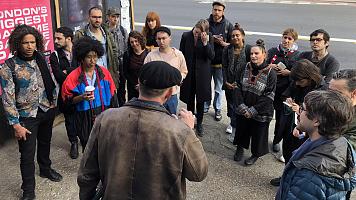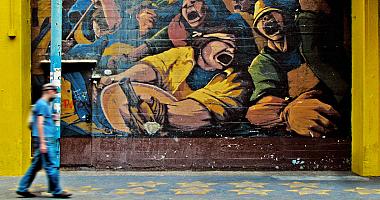Course information
Department
Length
1 year full-time or 2 years part-time
Course overview
This MA draws on urban sociology to explore the meaning of cities, urban life and culture.
The programme covers topics including the politics of gentrification, urban community, infrastructure and the intricacies of urban culture, alongside lectures on urban policy, food politics, poverty and migration.
You will also zoom out to consider the broader meaning of urban sociology and its ongoing contribution to social science. With over two-thirds of the global population destined to live in cities by 2050, there has never been a more important time to research and understand urban life.
Why study MA Sociology (Urban Studies) at Goldsmiths
Critically engage with urban work
The degree brings together social analysis, activism, and inventive research methods to critically engage with various dimensions of urban work – from policy-making, research and cultural interventions, to the management of social programmes and institutions.
Take a multi-disciplinary approach
The MA is distinguished by a focus on experimental empirical research and covers the following disciplines: sociology, geography, anthropology, architecture, cultural studies, history, fine arts, media and communications.
Experience research-led teaching
We use research-led teaching to explore the importance of sociological knowledge in understanding cities, urban economies, culture, politics and social justice. By studying this masters, you'll be joining our world-leading Department of Sociology. We've been rated top 10 in the UK for sociology in the QS World University Rankings 2023.
Analyse and explore spaces and places
You’ll analyse the organisation of contemporary cities, including the built environment, commerce, housing, culture, political and social infrastructures. You'll also explore how distributions of wealth, power and culture in spaces and places are constituted through political, material and social processes.
Study in a unique urban setting
We use our location in South East London to explore issues of city-making and urban change through hands-on methodological training.
Join a lively academic community
You’ll be part of a lively community of researchers and urban practitioners at the Centre for Urban and Community Research and will join students who have a range of experiences and interests in communication, management, politics, design and cultural industries.
Contact the department
If you have specific questions about the degree, contact Dr Emma Jackson.
